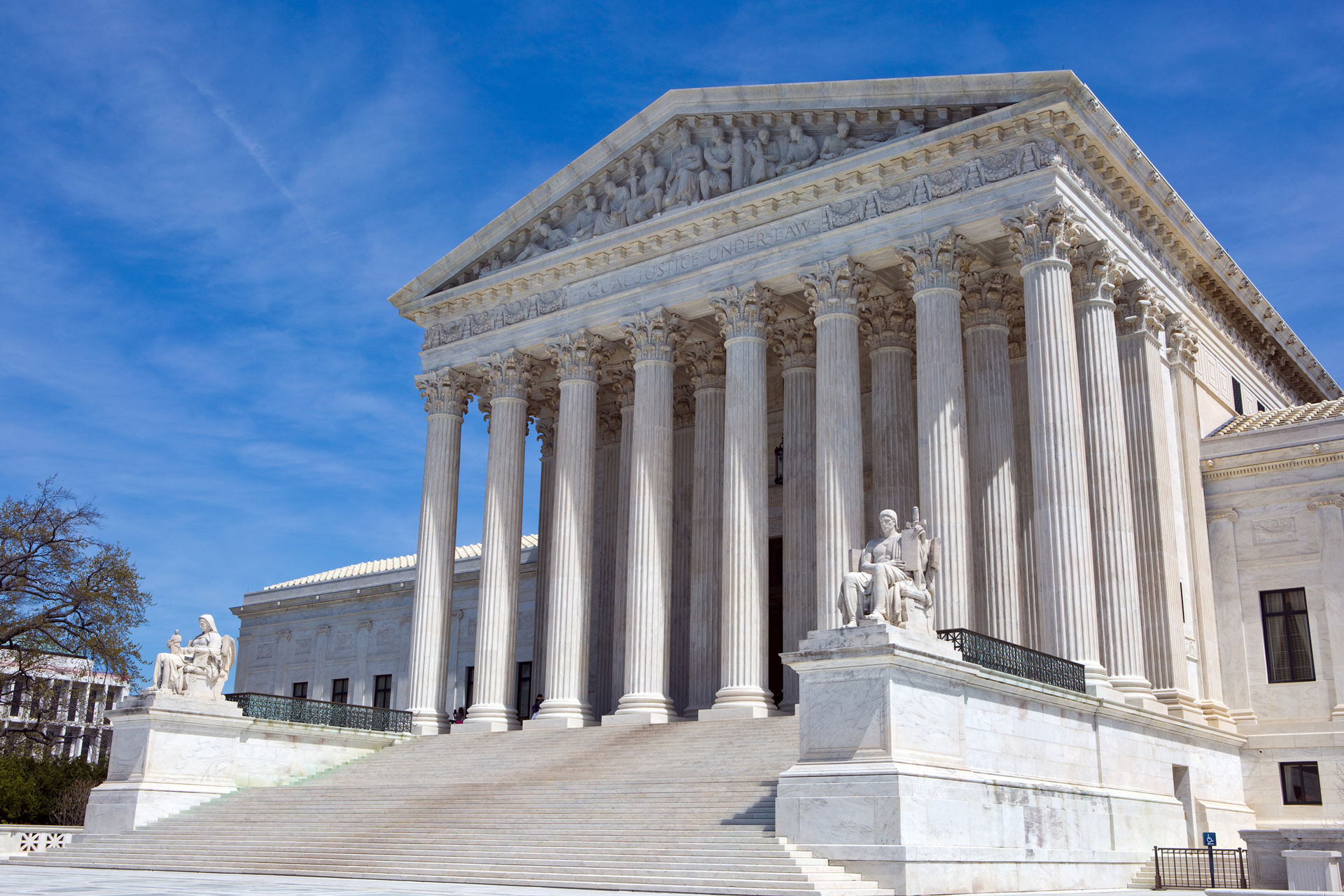Resolving a circuit split, the U.S. Supreme Court recently confirmed that filing a charge with the Equal Employment Opportunity Commission (or equivalent state agency) is not a jurisdictional requirement under Title VII. Instead, filing a charge is a procedural prerequisite, and the failure to do so must be pled as an affirmative defense. While the Supreme Court’s clarification does not represent a seismic shift in the law, it provides an important reminder for employers: failing to affirmatively raise the charge-filing requirement in defensive pleadings may waive this potent and potentially dispositive defense.
In Fort Bend County v. Lois M. Davis, the Supreme Court unanimously held that Title VII’s charge-filing requirement, while a mandatory precondition to suit, is not jurisdictional. Unlike true jurisdictional barriers to suit, the filing of a charge is a defense that can be waived if not properly and timely raised.
In the case at hand, the plaintiff brought suit in the U.S. District Court for the Southern District of Texas, asserting retaliation and religious discrimination. However, the plaintiff did not properly identify religious discrimination on her charge paperwork. The District Court granted the defendant summary judgment on the plaintiff’s religious discrimination claim, but the U.S. Court of Appeals for the Fifth Circuit reversed.
On remand, years into the litigation, the defendant moved to dismiss the plaintiff’s religious discrimination claim for lack of jurisdiction. The District Court agreed with defendant that the plaintiff had not satisfied the charge-filing requirement with regard to her claim of religious discrimination, and held that while the defendant had not previously raised the issue, the requirement was jurisdictional – meaning it could not be waived. The Fifth Circuit again reversed, and the Supreme Court granted certiorari to resolve a split among the circuits.
Holding that the charge-filing requirement under Title VII is not jurisdictional, the Supreme Court drew a distinction between “jurisdictional prescriptions and nonjurisdictional claim-processing rules, which ‘seek to promote the orderly progress of litigation by requiring that the parties take certain procedural steps at certain specified times.’” The court explained that a claim-processing rule like the charge-filing requirement may be mandatory, because it must be enforced if properly raised, even if it is not jurisdictional.
With the goal of limiting the proliferation of jurisdictional prescriptions, the court emphasized that when Congress does not specify a particular prescription as jurisdictional, courts should treat the restriction as nonjurisdictional. Because the provision of Title VII that confers jurisdiction does not specifically require that a charge be filed, the court found the charge-filing requirement was a nonjurisdictional procedural obligation. Nevertheless, the court warned that a Title VII complainant would be “foolhardy” to fail to exhaust this procedural requirement, as it remains a potentially dispositive defense for employers.
As evidenced by the court’s unanimous holding, this decision is relatively straightforward, and clarifies the difference between jurisdictional requirements on the one hand and mandatory procedural requirements on the other.
While Title VII claimants are not relieved of their obligation to properly file a charge before bringing suit, their failure to do so is not an immediate bar to the courthouse. This case makes clear that the onus is on the employer to timely and affirmatively assert this defense in its responsive pleadings. Thus, employers sued under Title VII would be wise to raise the charge-filing requirement at the pleadings stage. Failing to do so may result in forfeiture of this key defense.











/Passle/6488d4630e7e25c9ac9f834a/SearchServiceImages/2024-11-14-13-11-27-495-6735f6fff42d6cc59c8ec5c1.jpg)
/Passle/6488d4630e7e25c9ac9f834a/SearchServiceImages/2024-11-11-22-02-38-042-67327efe31216b909e6ea644.jpg)
